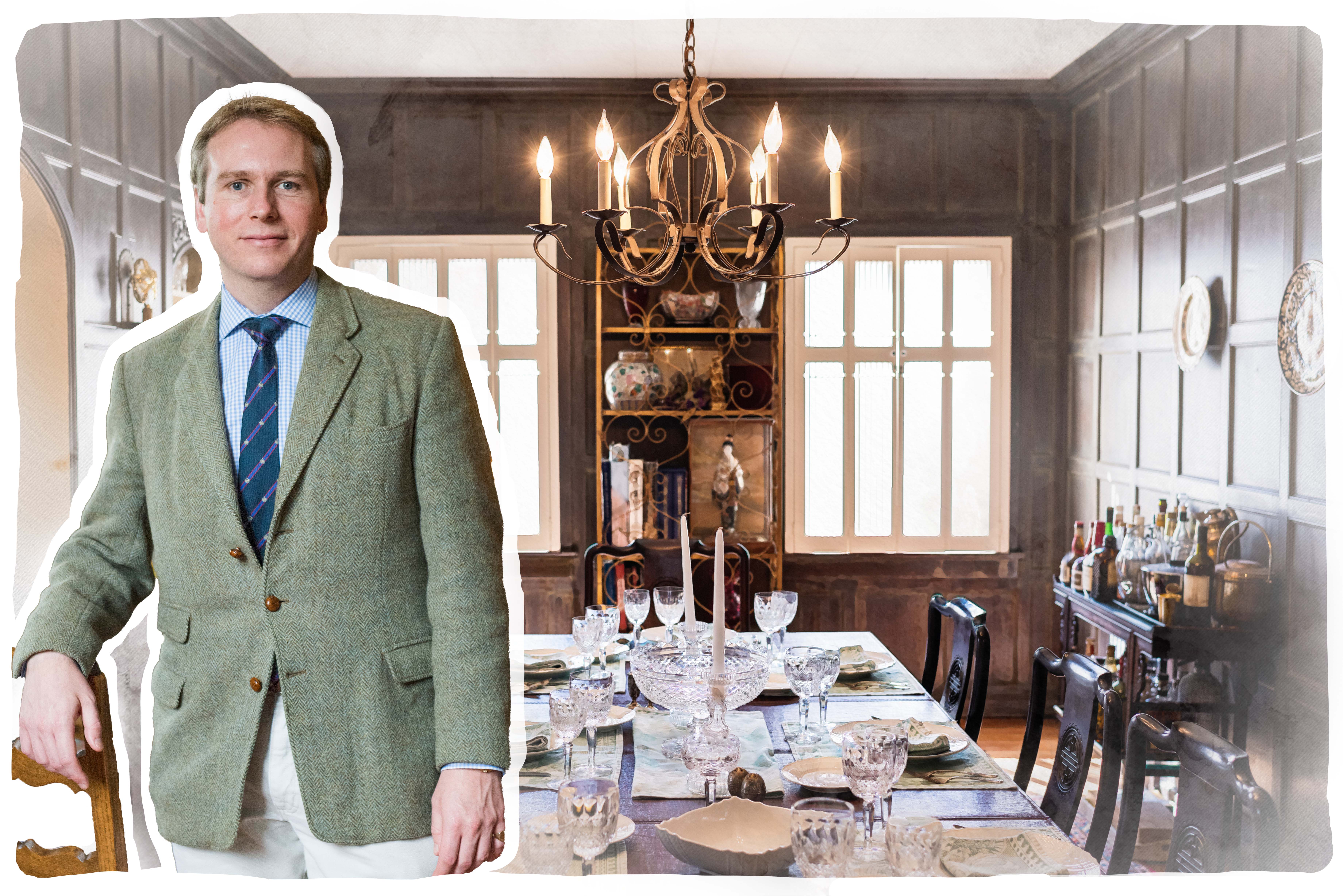Whether you’re hosting a lavish soirée or an intimate gathering, mastering the art of hospitality can transform your home into a palace. And who better to ask for advice than a former royal butler?
Grant Harrold worked for seven years, from 2004 to 2011, as a butler to King Charles III when he was Prince of Wales. As part of his duties, Mr. Harrold also attended to Queen Camilla; Prince Harry, Duke of Sussex; and Prince William and Kate Middleton, Princess of Wales when they were dating. Mr. Harrold now runs his own etiquette and butler school in the UK and is a well-known commentator on royal matters.










